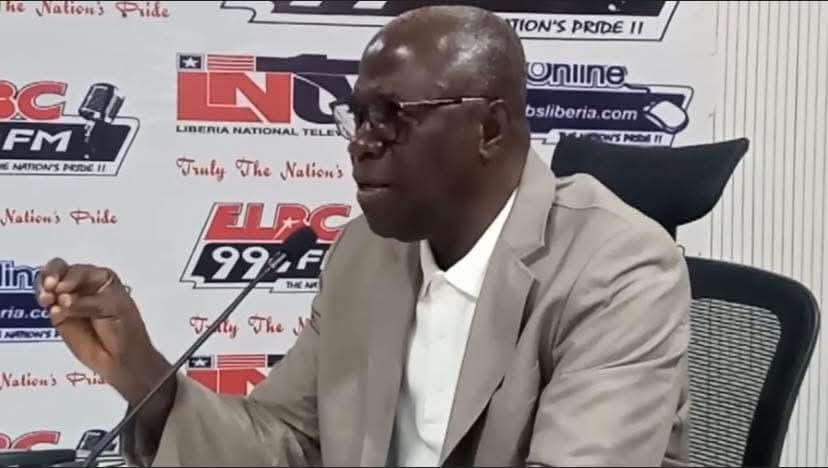By Geeplay Ezekiel Geeplay | Montserrado Correspondent
Monrovia, Liberia –Thursday, May 08, 2025- In a bold and politically resonant statement, former Sinoe County Senator Milton Teahjay has reignited a national conversation on leadership accountability and youth empowerment, emphasizing that true leadership is measured not only by rhetoric but by tangible efforts to create opportunities for citizens—especially the youth.
Speaking in a tone both reflective and forward-looking, Teahjay described the act of helping a fellow man secure employment as an “unparalleled” trait of leadership. He criticized leaders who fail to recognize the importance of job creation, branding such neglect as “selfish.” His remarks appear to be a subtle critique of current leadership structures that, in his view, have not done enough to absorb the growing pool of educated youth into the workforce.
“In as much we support young people to go to school,” Teahjay noted, “we should avail ourselves to help them get employment opportunities. That’s only when others will be encouraged to go to school.” The statement echoes a longstanding concern in Liberia’s education and labor sectors—where access to education is gradually improving, but economic absorption remains stagnant.
Teahjay cited examples from other counties, including Bong, Bassa, Maryland, and Nimba, where young professionals are reportedly thriving in various ministries and government agencies, actively contributing to national development. He urged leaders from Sinoe to replicate such models, warning that the continued lack of employment for qualified youth risks deepening disenfranchisement.
Reflecting on his tenure in the Liberian Senate, Teahjay acknowledged the strides made in placing young Sinoeans in positions of opportunity but admitted that more could have been done. “And if we ever get the opportunity again, in whatever capacity, it will always be a major priority,” he pledged.
His call comes amid broader debates on decentralization, equitable development, and post-war reconciliation through inclusive governance. Teahjay concluded his address with a rallying cry for unity: “Let’s stay united.”
With unemployment and underemployment remaining critical issues in Liberia, particularly among youths, Teahjay’s message is expected to resonate widely and potentially influence upcoming political discourse and policy formation in both Sinoe and national circles.
Edited: Jesefu Morris Keita| Editor-In-Chief



